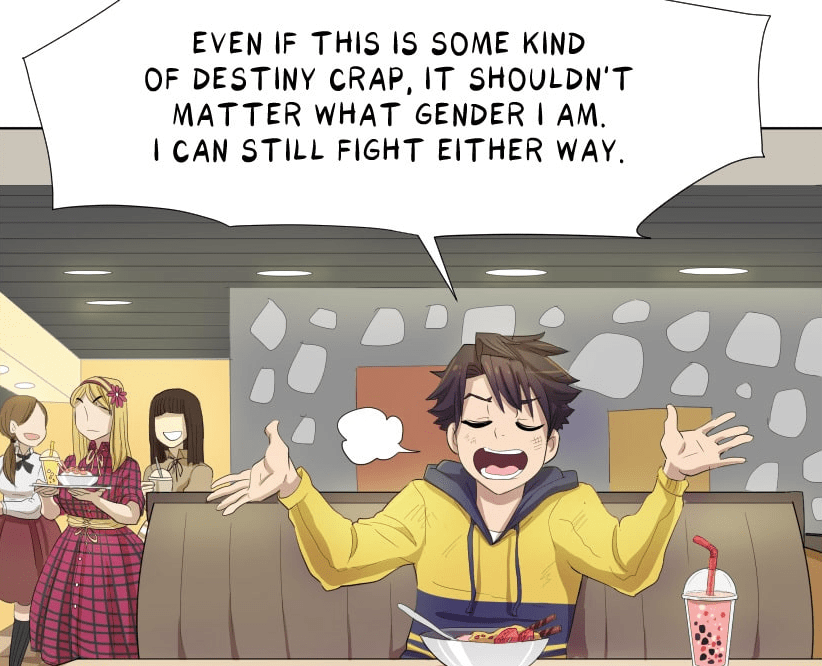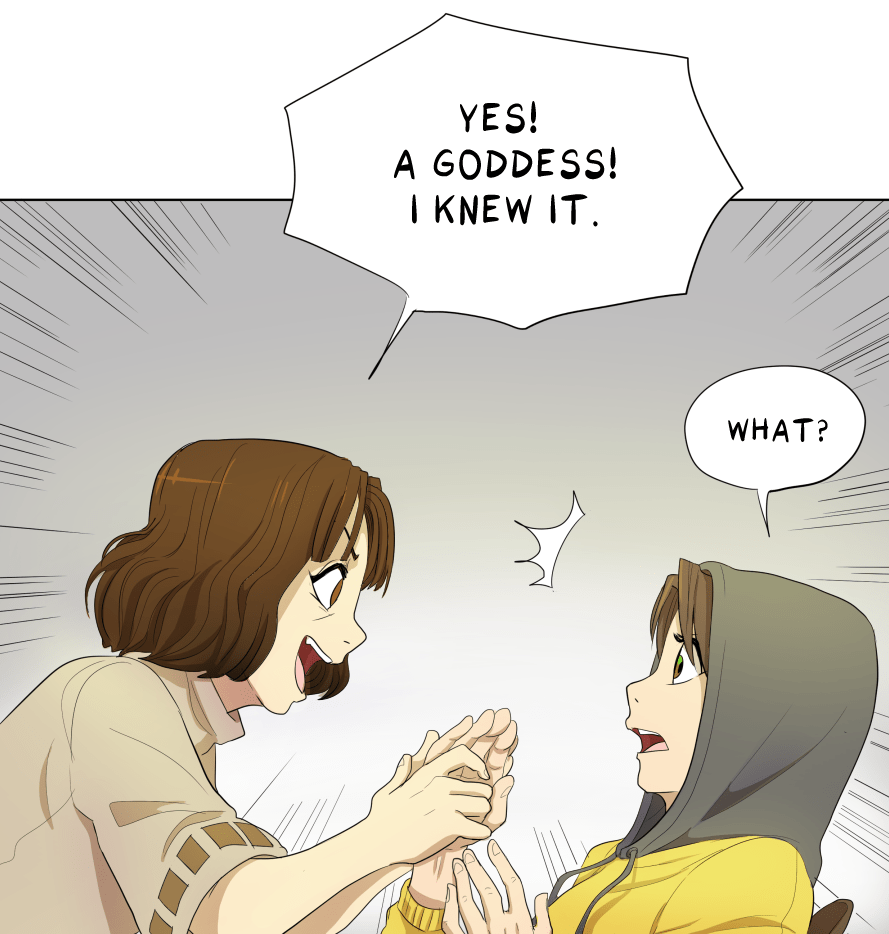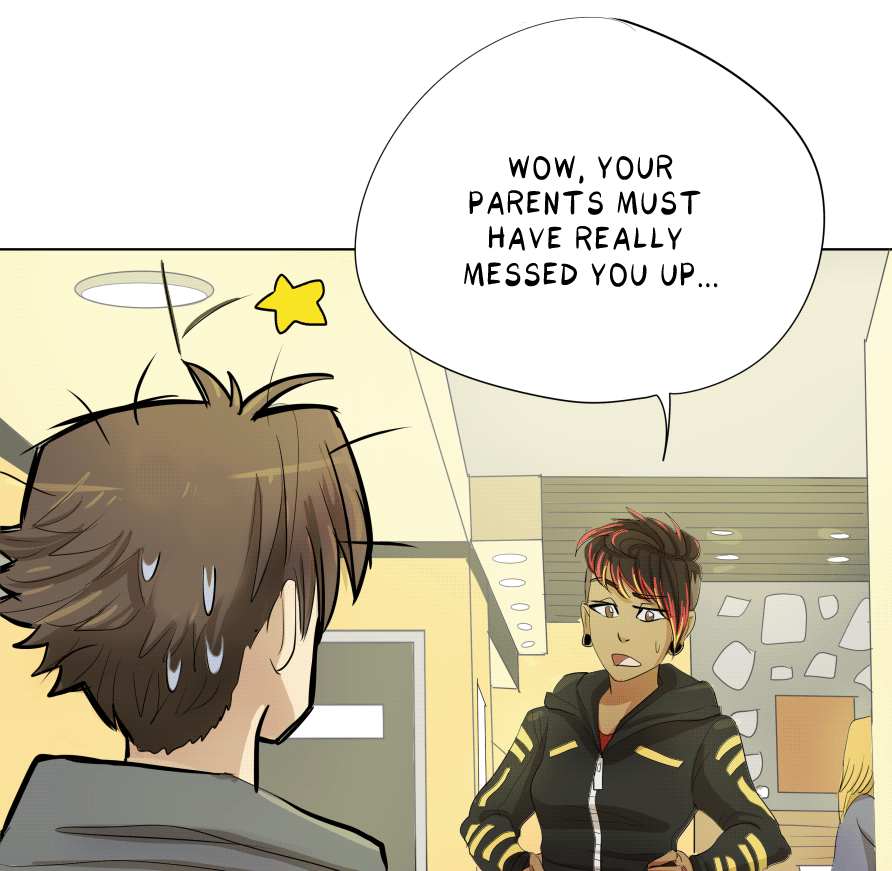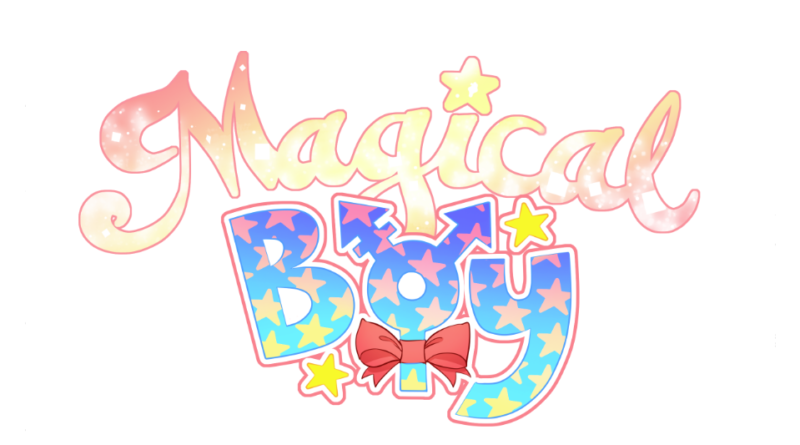Comics Corner – Let ‘Magical Boy’ cast a spell on you
Anyone who’s read even a modicum of manga or seen an iota of anime will be familiar with the concept of Mahou Shoujo, or Magical Girls – colourful, young female heroes who use their powers to defeat evil and protect the forces of love and peace (disturbing exceptions apply).
Commercially, they often exist to sell cute toys to Japanese school girls but have fans of all ages and genders, while a few breakthrough international hits have become cultural juggernauts and even queer icons. Sailor Moon in particular has earned a legion of LGBTQ+ fans thanks to its fierce cast of heroes and its positive portrayal of a lesbian relationship (except in the early English language dub, where the characters Haruka and Michiru were said to be cousins rather than girlfriends).
While there have been literally hundreds of Magical Girl characters and series over the years, far more rare are Magical Boys, and of an already narrow selection, many are parodies. That’s what makes the comic Magical Boy such a delight – it’s a series that clearly loves its inspiration, telling a loving gender-flipped take on the tropes of the genre, while also light-heartedly poking fun at it along the way.
The real hook for LGBTQ+ readers though is that Max is trans, assigned female at birth and expected by his mother Hikari to follow in her footsteps as a defender of the realm. It turns out that the matrilineal side of Max’s family is descended from the goddess Aurora, each generation’s daughter becoming the latest Magical Girl to hold back the forces of darkness. But how can Max become a magical girl, when he’s not a girl at all? And how can he break the news to his mother, who’s spent his entire life trying to mold him into the “perfect lady”?

The series, by Vincent Kao – aka ‘The Kao’ – follows Max as he struggles with his identity and his prophecised role as a frilly-dressed superhero, while navigating the teenage pitfalls of school, family, and friendship. As the series starts, Max has just hit 16, and been going through some changes. Beyond the usual teenage woes, he can suddently see people’s auras – or “light farts” as he calls them – which seem to reflect their emotional state, and begins spotting strange insects that appear to be preying on those feelings.
His only confidant is Jen, his best friend at school and the only person who initially knows Max is trans. Jen is the type of friend everyone needs – endlessly supportive but willing to give her bestie a kick in the rear when needed. Jen is also a staunch defender of Max against their school’s resident mean girl Pyper, a pastor’s daughter never short of a homophobic barb.
Unfortunately, the one social peril Jen can’t save Max from is coming out as trans to his parents. While his laid back father is supportive, his mother misunderstands what Max is trying to tell her, and instead excitedly reveals the ‘family business’ to him, gifting Max her necklace and telling him he has to fight monsters.
The conversation does not go well.

Unfortunately for Max, his mother isn’t actually lying about anything. They really are a family of mystical defenders, and when the forces of the dark god Devoid threaten Jen, Max is left with no choice but to tap into the powers of the necklace and transform for the first time. But can he really save the world, if the world is trying to force him to be the very thing he’s not? And can he get Hikari to understand that she has a son, not a daughter?
In Magical Boy, Kao presents a rousing superhero origin story, perfectly blending the themes and visual motifs that fans of Magical Girl anime love with the more personal journey of Max as he fights to find himself and his place in the world. While the series leans heavily on Magical Girl elements, such as people being turned into monsters based on their darkest emotions, it’s also a compelling story of a young trans person’s journey to self-hood.
Magical Boy isn’t strictly the first time the genre has presented transgender characters – Sailor Moon, again, had a trio of characters called the Sailor Star Lights in its final season, who were male in their civilian forms and transformed into female heroes. However, creator Naoko Takeuchi actually disliked that the anime had the Star Lights shift genders, as they were women who merely disguised themselves as men in her original manga. The series also never really explored any gender identity issues for the three heroes, even through metaphor.
In Magical Boy, Max’s first transformation is borderline traumatic for him – and potentially for readers; Kao prefaces that chapter with a dysphoria warning – and the magical transformation’s tendency to garb him in feminine clothes and plaster make-up over him is presented as an unwanted transgression. The disconnect between Max’s gender and the feminised role he’s expected to fulfill by birthright is often the greatest conflict, and a lot of the series’ heart comes from seeing how he claims his power in a way that works for him as he really is, not how his mother or the world expects him to be.

Kao’s art also stands out, with warm character designs and a brilliant sense of motion. Action scenes are thrilling and dynamic, while more personal moments between Max and his friends and family are brimming with personality, warmth, and humour. As a webcomic original, Kao also makes brilliant use of the format, with long scrolling panels conveying a sense of sinking, or a shift in time or location, and with occasional animation effects that subtly bring the world to life. It’s visually spectacular throughout, taking the best from manga, anime, and western comic influences and combining them into a fresh new work.
Magical Boy recently concluded its run on the webcomic platform Tapas, and can still be read online, but has also been licensed by publisher Scholastic for adaptation into a print graphic novel. It’s a must-read for fans of western superheroes or the Magical Girl genre, but stands out best as a touching, authentic, and respectful story centred on trans male identity and representation.





















